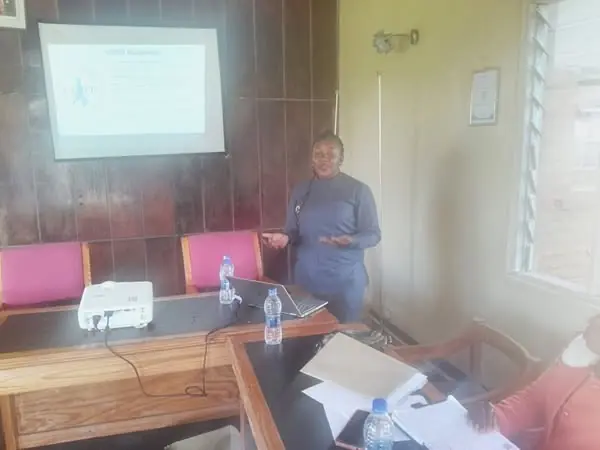Malawi: Center for Development of People (CEDEP) has cancelled a project for reducing HIV prevalence and increasing access to antiretroviral therapy (ART). The project was targeting the key populations in Mzimba North, Lilongwe, Blantyre and Mangochi.
Technical Director for CEDEP, Angela Simwanza made this announcement on Wednesday. At the time of the announcement she was attendant an exit meeting for the project with Mzuzu City Executive Committee.
She said they cannot continue with the project due to an aid freeze following USAID cuts. The tarrif have been put into place by the United States of America.
Simwanza said the project, called Peer Solutions for Epidemic Control, was targeting, among others, female sex workers, men who have sex with men and trans genders to prevent new HIV infections among them, and ensure that those infected are accessing ART, as well as sexual reproductive health services.
“The project started in 2015 after noticing high HIV prevalence rate among key populations. For example, HIV prevalence rate was 49.9 percent among female sex workers, 12.7 percent among men who have sex with men and 13.8 percent among trans genders,” she said.
“These figures were so alarming compared to HIV rate among the general population which was at 7.7 percent. The aim of the project was to uncover the key populations, who mostly are in hiding, to ensure that they start accessing ART and that they are not spreading infections,” she added.
The Technical Director further said through the project, the organization was conducting outreach clinics for key populations where a core package for HIV and AIDS services were being offered, including viral load monitoring, pre-exposure prophylaxis, and psycho-social counselling.
Director of Planning and Development for Mzuzu City Council, Philemon Maseko, commended the project for expanding access to HIV and AIDS services among the key populations.
Maseko has asserted that the country is in urgent need of HIV and AIDS interventions. He has also noted that that the medication and intervention should be available to everyone, regardless of their sexual orientation.

